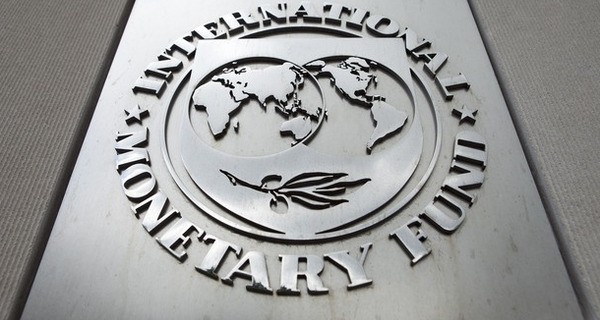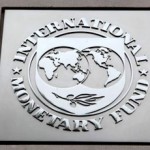IMF Calls For Greater Global Cohesion In Taxation Of Multinationals

The International Monetary Fund (IMF) released a report on June 25, 2014, which explores the nature and policy implications of cross-border effects from national corporate tax policies.
The report, entitled Spillovers in International Corporate Taxation, highlights how these effects can be significant for developing countries, which tend to derive a greater proportion of their revenue from corporate tax. The resulting tax revenue losses are sometimes quite large relative to total government revenues, the report says.
“Our technical assistance work in developing countries frequently encounters large revenue losses through gaps and weaknesses in the international tax regime. The sums involved for them can be large, not just relative to corporate tax but relative to all tax revenue: 10–15 percent in some cases,” said Michael Keen, Deputy Director of the IMF’s Fiscal Affairs Department. “The paper reports new evidence that these effects are in fact systematically more important for developing countries.”
The report highlights the risk that countries run by signing bilateral tax treaties, such as foregone revenue from withholding taxes and base erosion through treaty shopping. It also drew attention to the ambiguities in many tax laws regarding the taxation of offshore capital gains, often related to extractive industries. It also points out that many countries fail to provide protection against excessive debt finance or manipulation of transfer pricing.
The paper also stresses that the institutional framework for addressing international spillovers is weak. As the strength and pervasiveness of tax spillovers become increasingly apparent, the case for an inclusive and less piecemeal approach to international cooperation grows, it says.
Source: tax-news




























